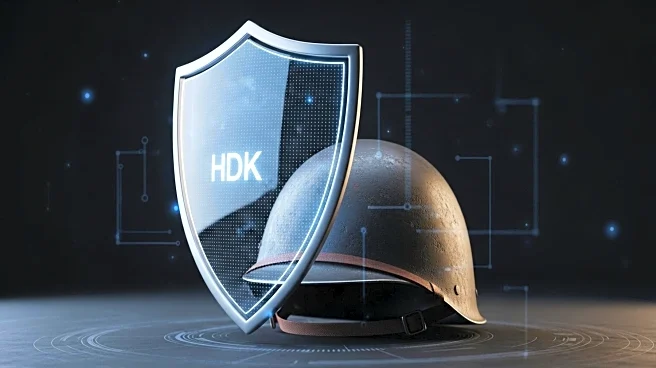What's Happening?
Activision has reinstated Call of Duty: WWII on the Microsoft Store and Xbox PC App after its removal over a month ago due to unspecified issues. The game, originally released in 2017, was pulled on July 4 for investigation, with no detailed explanation provided by Activision. It is believed that the removal was linked to Remote Code Execution attacks, which compromised player control over their PCs. This type of security breach is not new to the gaming industry, as a similar incident affected Dark Souls 3 in 2022. Despite the game's return, Activision has maintained its policy of not disclosing specific security measures to prevent aiding potential exploiters. The Xbox version of the game remained unaffected during this period.
Why It's Important?
The return of Call of Duty: WWII to PC Game Pass is significant for both players and the gaming industry. It highlights ongoing challenges in cybersecurity within gaming, where vulnerabilities can lead to serious breaches affecting user experience and trust. For Activision, maintaining the integrity of its games is crucial, as security issues can impact its reputation and financial performance. The incident underscores the importance of robust security protocols in protecting digital content and user data. Players benefit from the resolution of such issues, ensuring a safer gaming environment. The broader gaming community is reminded of the persistent threat of cyberattacks and the need for continuous vigilance.
What's Next?
Moving forward, Activision is likely to continue enhancing its security measures to prevent future incidents. The company may also face pressure to improve transparency regarding security issues to reassure its user base. As the gaming industry evolves, developers and publishers will need to prioritize cybersecurity to protect their platforms and maintain player trust. The upcoming release of Black Ops 7, another title in the Call of Duty franchise, will be closely watched for any similar issues, especially after the cancellation of the Carry Forward program, which has already stirred fan feedback.









